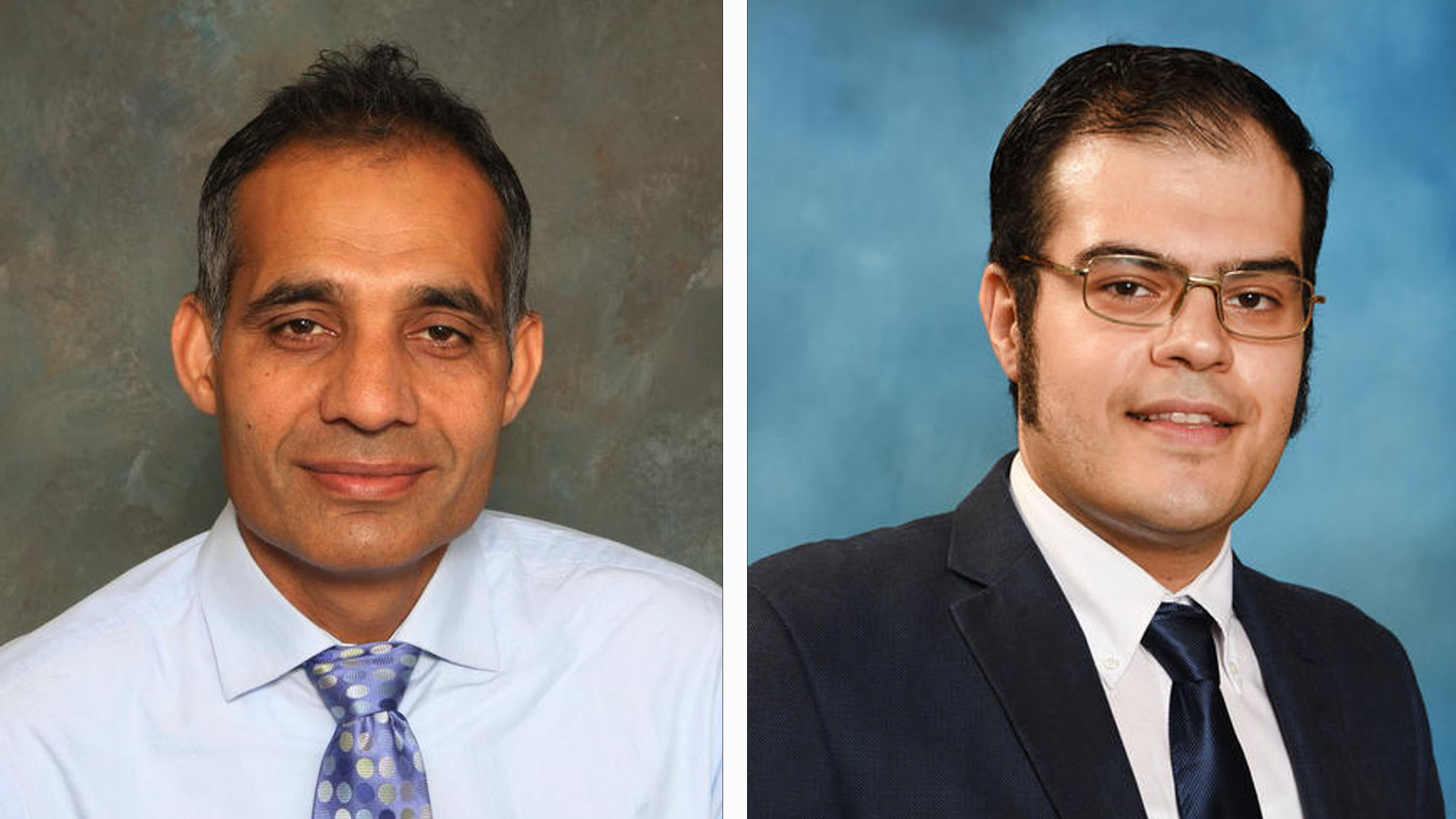Malik and Mohammadi were recently awarded a three-year, $476,490 National Science Foundation grant to develop a cybersecurity system robust enough to defend against a wide range of anticipated attacks. Malik says it's a particularly difficult challenge because many tried-and-true approaches to computer security, like encryption, aren’t always applicable to vehicle networks. That’s led him and Mohammadi to explore solutions that have never been used before in automotive security. One particularly fascinating defense strategy, for example, borrows from an approach used to protect electric grids. “In this case, we’ll be developing a security framework that’s based on the electrical signals themselves,” Malik says. “By nature, electrical signals traveling on physical wires cause distortion. This is basic physics. And these distortions create a sort of fingerprint that can be used to confirm that a signal coming from the control system for the brakes or steering, for example, is legitimate.”
Physics is also at the heart of another of their innovative strategies. One of the scariest types of attacks involves hackers causing vehicles to make deadly maneuvers while moving at high speed. But Mohammadi says they could defeat this style of attack by heading off commands that would cause cars to do unsafe things. “Based on the physics of the vehicle, and its current speed and position in space, we could assess which maneuvers might make it, for example, brake unsafely or cause it to flip over.” Once detected as a potential hack, the security system would disregard the unsafe command and steer the vehicle to safety. Interestingly, in their first phase of research, Mohammadi says they’ll get to play hackers themselves — poking and prodding common vehicle control systems to assess their most pressing vulnerabilities.
Vice Provost for Research Armen Zakarian says the nod from NSF shows just how real the potential is to make UM-Dearborn a leader in the fast-evolving space of vehicle cybersecurity. “This is absolutely one area where we can say we have unique capabilities and stake a claim to demonstrate we can make a real difference,” Zakarian says. “This project is obviously funded through NSF. But I believe our longtime collaborations with the auto industry give us an advantage in formulating the kind of unique approaches to technology development that you’re seeing with Hafiz and Alireza’s work. So all the credit to them for bringing this visibility to our campus and the opportunities for students that will come with it. It’s really exciting.”
###
Story by Lou Blouin. You can read the abstract of the NSF proposal. If you’re a member of the media and would like to interview Associate Professor Hafiz Malik and Assistant Professor Alireza Mohammadi about this topic, drop us a line at UMDearborn-News@umich.edu.





